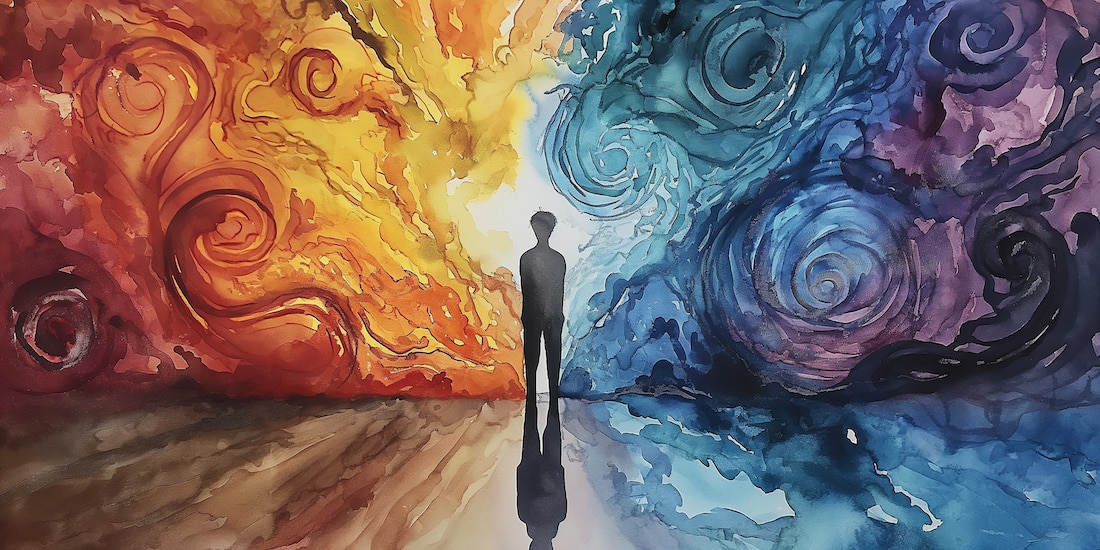It is entirely reasonable to experience some feeling of anxiety at some stage in our life. Still, when the feelings of intense fear and constant worry influence everyday living, it could be a sign of an anxiety disorder.
The Relationship Between Anxiety and Depression
Anxiety disorders are severe mental health conditions. There is no conclusive explanation why, but they can occur as a symptom of depression. It is common to have depression triggered by an anxiety disorder. It can be an endless cycle — depression can make us anxious, and anxiety can make us depressed.
Although anxiety disorders and depression are not the same, individuals often experience many of the same symptoms, such as:
- Constant, irrational fear and worry
- Physical symptoms like rapid heartbeat, fatigue, headaches, hot flashes, sweating, abdominal pain, and difficulty breathing
- Insomnia
- Changes in eating, either too much or too little
- Trouble with memory, decision-making, and concentration
- Constant feelings of sadness or worthlessness
- Loss of interest in hobbies and activities
- Feeling tired and cranky
- Inability to relax
- Panic attacks
How to Reduce Anxiety Symptoms
There are things that you can do to help reduce the symptoms of everyday anxiety, including:
- Exercise: A proven mood-booster, exercise is good for your mind and body and is known to increase your self-esteem and confidence.
- Relaxation techniques: Yoga, meditation, and breathing exercises are all relaxation techniques that can ease anxiety and lighten your mood.
- Healthy diet: Anxiety and depression can often be triggers for craving carbohydrates. Choosing lean proteins, healthy fats, fruits, and vegetables can leave you more satisfied and calmer.
Building a support network of family and friends can give you the encouragement you need as you deal with your anxiety and depression. Support groups can help you form relationships with others who are going through some of the same things.
Know When to Get Help
If you feel symptoms of anxiety and depression are hindering your daily functioning, it is important to get help. Talk to your doctor or therapist and begin taking steps for treatment. If left untreated, anxiety and depression can lead to more serious conditions.
At Pasadena Villa, we use the most advanced and valuable methods available to treat these disorders. Pasadena Villa’s Social Integration ModelTM allows our therapists to observe and interact with residents in real-life situations to help ensure customized treatment plans are as accurate and effective as possible. Using recreational, social, and life strategy activities within the community, we have been successful in assimilating individuals back into everyday life and reaching the highest level of functioning possible.
We are committed to offering the highest quality clinical services in an environment that promotes health and well-being, recovery, and personal motivation. If you or a loved one would like more information on anxiety or depressive disorders, or other mental health or co-occurring substance use disorders, please call us or complete our contact form to speak with an admissions specialist.



